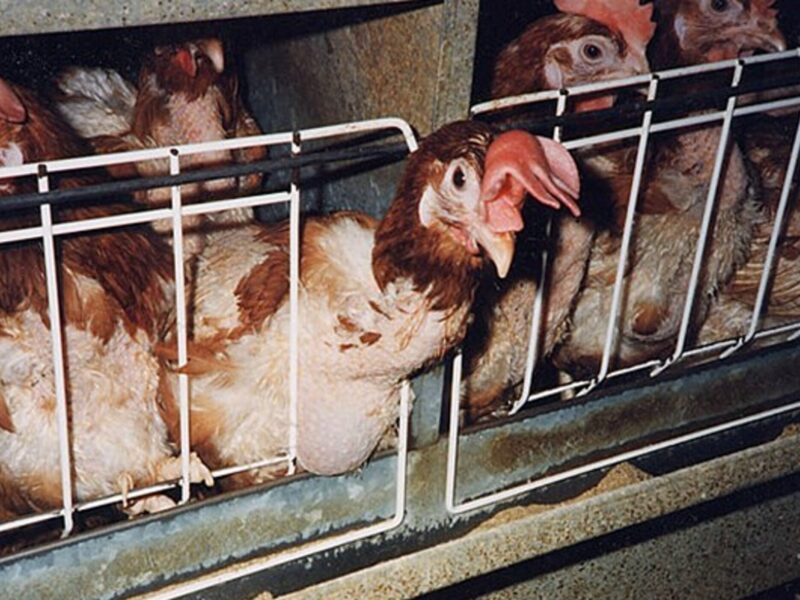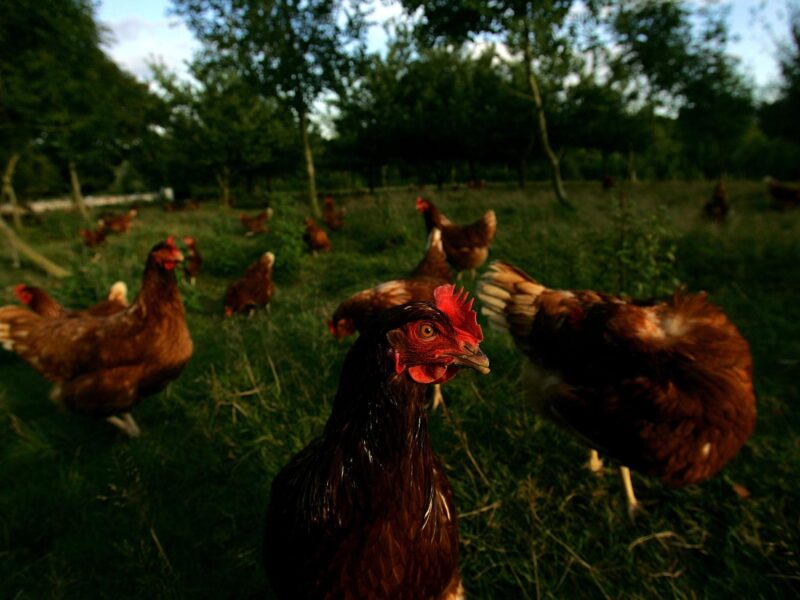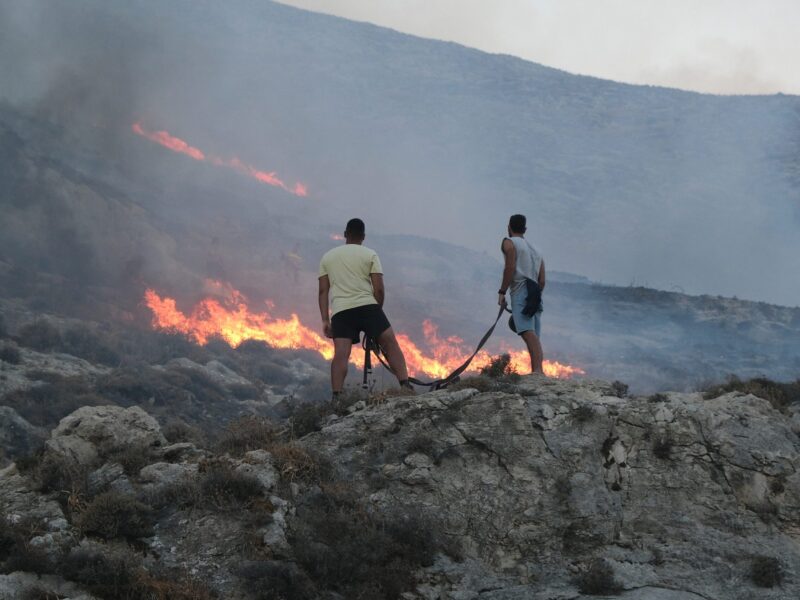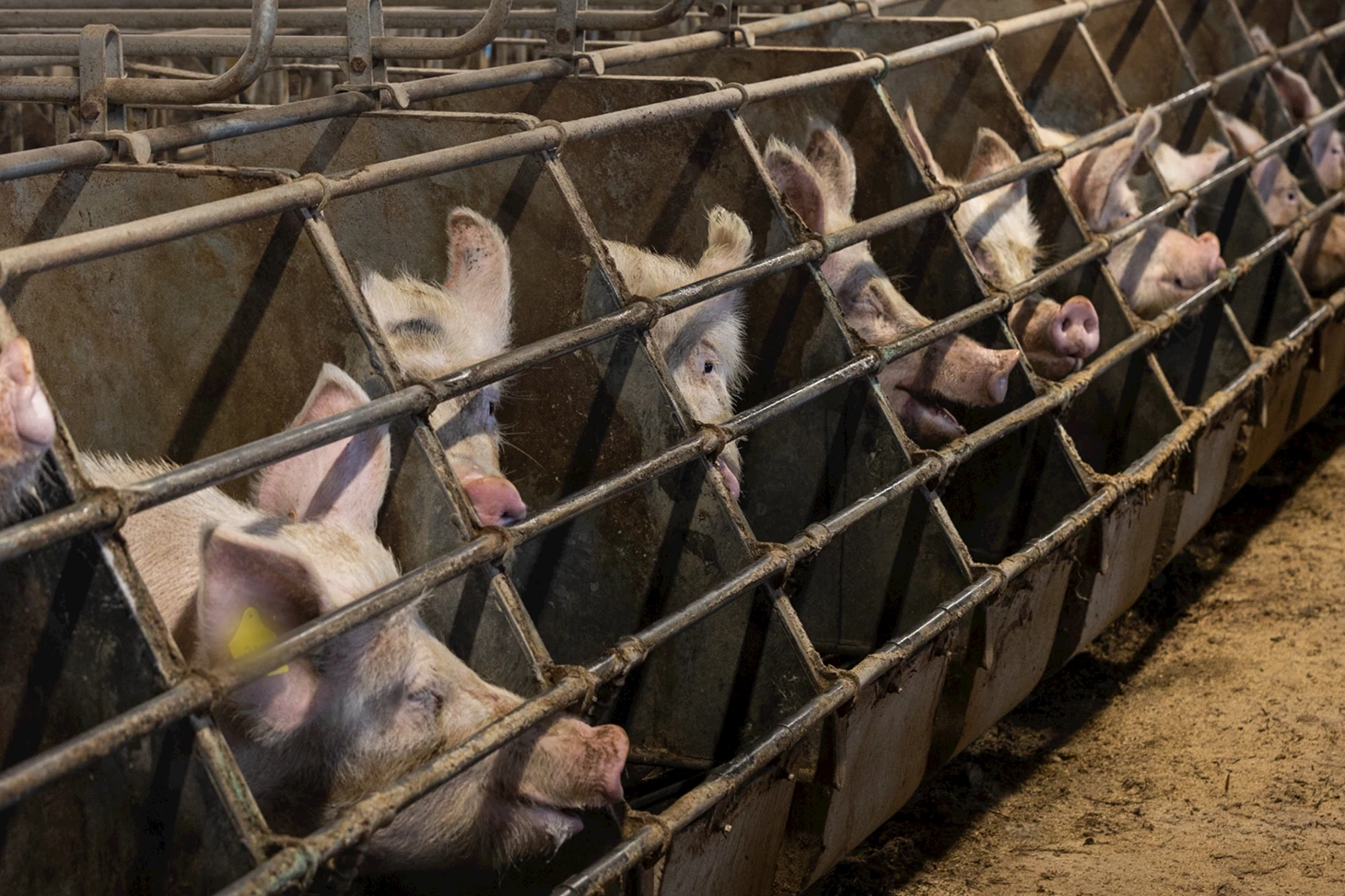
Fixing Our Broken Food System Will Take Urgent Action, Not Least In Ending Industrial Animal Agriculture

[DISPLAY_ULTIMATE_SOCIAL_ICONS]
Why We Should All Get Behind the UN’s Call for Food System Transformation
Rome, and the weather was sweltering. Southern Europe was breaking records for the hottest temperatures whilst Britain was showered with the wettest July. The elements were showing us that the world is changing. If we want a liveable future, then what we do needs to change too, not least around food.
I was walking the flag-lined street leading to the UN headquarters were world leaders were gathering. It had been two years since more than a hundred governments signed up to transforming food systems to achieve the world’s sustainable development goals (SDGs). This latest event was billed as the ‘Stocktaking Moment’ to assess progress and where to go next.
It was a high-level event with about 2,000 participants in-person, from 161 countries, including 22 Heads of State and more than 100 Ministerial delegates. I was pleased to have been amongst those invited to speak.

Hunger and waste
At the Opening Ceremony, the UN Secretary-General António Guterres sounded the alarm saying, “Global food systems are broken — and billions of people are paying the price. More than 780 million people are going hungry while nearly one-third of all food produced is lost or wasted. More than three billion cannot afford healthy diets.”
“Broken food systems are not inevitable. They are the result of choices we have made. There is more than enough food in the world to go around.”
Vision of a better way
I couldn’t agree more. It was a privilege to be in the same room as Guterres, who’s vision and clarity were beyond inspiring. If only the world would listen. Well, the world was there. At least, a lot of its leading representatives.
Moving the world away from business as usual is a tough job. Of course, it takes much more than a great speech to galvanise action, and quickly enough. It takes unifying diplomacy, a bringing together around common ground. It takes momentum-building enough to create the appetite needed to tackle difficult and more controversial issues, not just the low-hanging fruit.
Bubbling below the surface
First amongst trickier issues, or ‘hot potatoes’, are industrial animal agriculture and the overconsumption of meat in certain regions of the world such as Europe and America. Big issues that are standing in the way of genuine sustainability. Both of which were subterranean at this Rome Summit. Below the surface. Too hot to handle. For now.
Tackling these tougher issues will be defining for the Summit process. And ultimately for all our efforts toward a just, equitable, and sustainable food system.

With time running out, there has never been more need for the world to get behind the UN Secretary-General’s call to action. Which is why I am proud to have played an albeit small part as ambassadorial ‘Champion’ for the original Summit in New York two years ago. And that is why Compassion in World Farming continues to give its utmost support to these ongoing efforts.
Sadly, it’s no quick fix. Because this broken food system is borne out of decades of misguided government policy and subsidy regimes. Fixing it won’t happen overnight. It will take a lot of effort. A lot of long weeks and nights. Much pouring over text. Much pushing of reluctant governments to do the right thing. But it shouldn’t be just left to governments alone. The corporate and finance sector, together with civil society all have essential parts to play.
Off target
We are now at the halfway point for delivering on the globally agreed 2030 Sustainable Development Goals (SDGs). The worrying reality is that most of them are offtrack or going backwards.
Getting the world back on track will take a radical overhaul of our food systems.
The UN Food Systems Summit in 2021 brought about a new narrative centred on the need for transformation of our food systems globally if we are to have any hope of achieving those SDGs. Governments the world over are now talking the language of transformation. But is the world ready to do what is necessary to save the world? That will necessitate tackling those trickier issues below the surface.
The statistics are sobering: More than 780 million people are going hungry while nearly one-third of all food produced is lost or wasted. More than three billion cannot afford healthy diets. Two billion are overweight or obese.
A big part of the problem is that government policies on food and farming are rooted in the pervading mentality of the 1950s. Where a war-torn world was being encouraged by the US to adopt the new ‘modern’ way of agricultural intensification. Factory-made fertilisers for commodity crops grown as much to feed industrially reared animals as people.
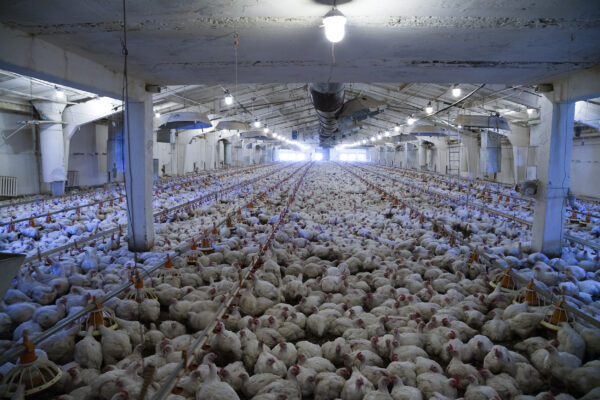
The Great Grain-drain
Which is why we live in a world where nearly half our major cereal crops go into the feed hoppers of confined chickens, pigs, and cattle. In the UK and EU, as much as two-thirds of our cropland is feeding factory farms.
Factory farming – the grain-feeding of confined animals – is the biggest single source of food loss, squandering enough grain to sustain 4 billion people. That’s half of humanity alive today.
Recent food shortages are rightly blamed on the Russian conflict in Ukraine, a major wheat-exporting nation to the world.
However, in truth, the big long-term problem is that so much of our grain is geared toward feeding industrially reared farmed animals. For example, the UK and EU combined feed three times the equivalent of Ukraine’s global wheat exports annually to its industrial animal farms.
Grain-fed animals waste most of the food value in calories and protein in conversion to meat, milk and eggs. Pasture-fed animals on the other hand, convert things we can’t eat – grass – into things we can. So, adding to the global food basket.
The burden of malnutrition
At the same time, reliance on industrial animal agriculture fuels malnutrition and sickness from unbalanced diets. Eating too much red and processed meat for example is associated with increased risk of cancer, heart disease, and type 2 diabetes. In addition, the number of hungry and malnourished people in the world continues to grow.
If nothing else, the Stocktaking Moment in Rome was a call for global action. A willing of governments to set urgent and ambitious targets. End hunger and malnutrition, reduce poverty, tackle climate change, reduce biodiversity loss and pollution. A call to work together, harder, and faster. Across all sectors; governments, corporates, finance, civil society.
Supporting transformation
As part of civil society, I see our role at Compassion as being clear that a key element of food system transformation is moving away from the failed industrial model of producing animals.
Instead, we should move toward healthy, humane, regenerative farming practices. Only through such a shift can we genuinely prioritise feeding people.

There is more than enough food in the world to feed everyone. There is more than enough money to transform our food systems in the way that is needed. And there is enough innovation in food and agriculture to unlock a sustainable future.
The opportunity before us is to unite behind the momentum of the UN Food Systems Summit in helping deliver true transformation of food and farming. And to ensure that ending industrial animal agriculture is seen for what it is: fundamental to tackling hunger, climate change, pollution, and the collapse of nature. In this way, we can all play our part in setting a new course toward a just, equitable, humane, healthy, and nature-restorative food system, leaving no one behind. Because all our futures depend on it.
—-
Main Image: Row of intensively farmed pigs in sow stalls | Credit: Compassion in World Farming



